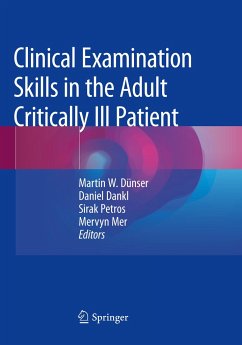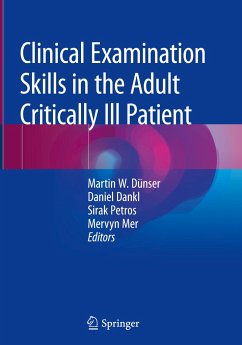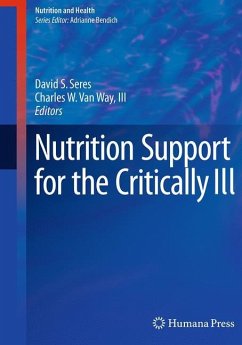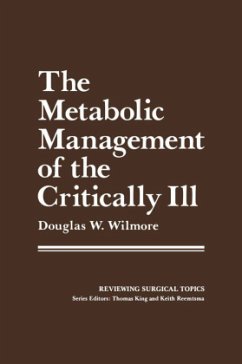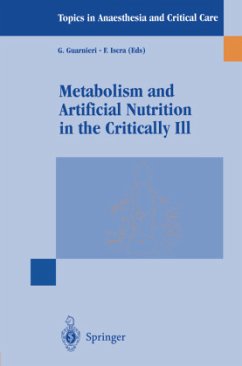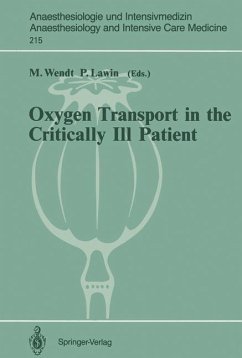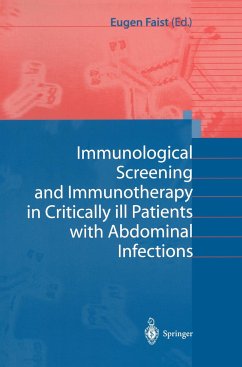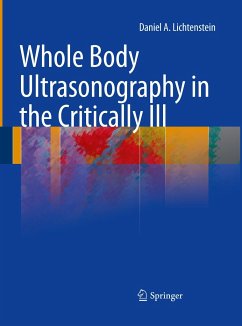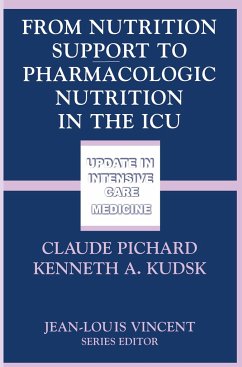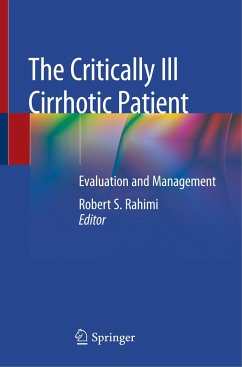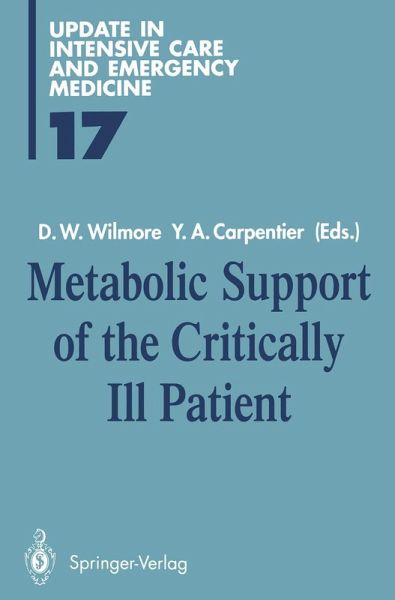
Metabolic Support of the Critically Ill Patient
Versandkostenfrei!
Versandfertig in 1-2 Wochen
77,99 €
inkl. MwSt.

PAYBACK Punkte
39 °P sammeln!
Nutritional support of critically ill patients is a major treatment modality which will enhance recovery and shorten convalescence. New knowledge has emphasized that much of the organ dysfunction associated with sepsis and altered blood flow is related to oxidative injury. Specific nutrients are highly effective in counteracting these effects and their early administration may attenuate cellular damage and multi-organ failure. Patient outcome may also be enhanced by the route of feeding, administration of newer nutrient combinations, utilization of evolving methods of monitoring and the use of...
Nutritional support of critically ill patients is a major treatment modality which will enhance recovery and shorten convalescence. New knowledge has emphasized that much of the organ dysfunction associated with sepsis and altered blood flow is related to oxidative injury. Specific nutrients are highly effective in counteracting these effects and their early administration may attenuate cellular damage and multi-organ failure. Patient outcome may also be enhanced by the route of feeding, administration of newer nutrient combinations, utilization of evolving methods of monitoring and the use of growth factors. This new knowledge has evolved to a new area of metabolic support which is addressed for the first time by a group of international experts. The topics presented and general conclusions are of major importance to the practitioners in this field, for they show, for the first time, a departure from the more traditional approaches of nutritional support in patients with life-threatening diseases.





